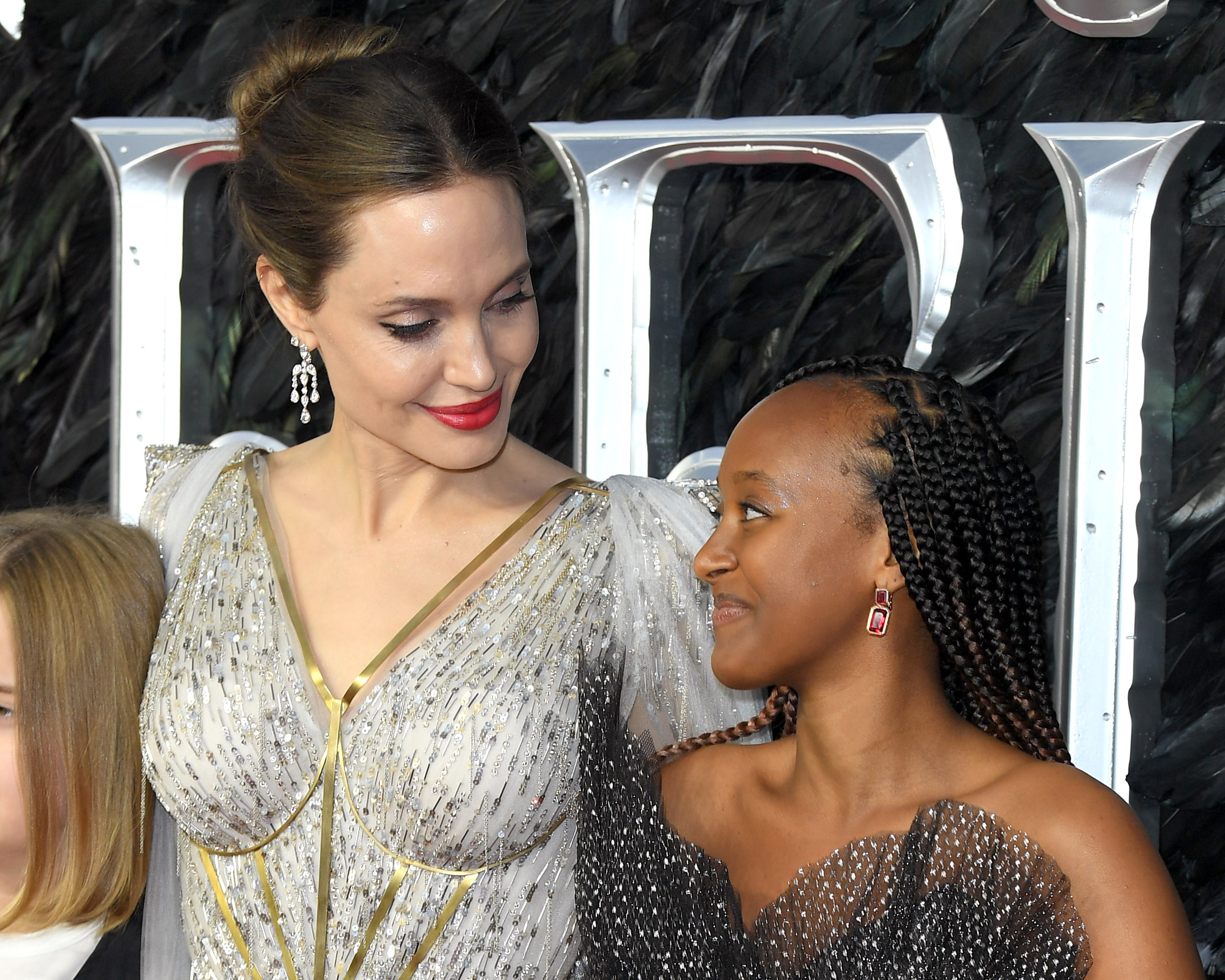News feed
Racial disparities in medicine and the healthcare industry have long plagued communities of colour, particularly Black patients. Malone Mukwende, a 21-year-old London-based medical student recently sat down with actress Angelina Jolie, 46, to discuss his handbook Mind the Gap, an online platform designed to empower patients of colour with knowledge about their own health.
In the interview, Jolie asked Mukwende about his work and what it means for the healthcare industry at large. When Mukwende became a medical student, he started to recognise a troubling pattern in his textbooks and curriculum — that certain conditions were only displayed on white skin.
“I got to medical school and noticed there was a gap in our teaching. If we learned about a particular type of rash or disease that manifests on skin, it would always have white skin as the reference.” Mukwende said in the interview. “Some members of staff at the university and I then started collating pictures and descriptions of different conditions on darker skin, and we compiled them all into a handbook that we called Mind the Gap.”
Jolie shared this concern, telling a story in which her daughter Zahara, whom she adopted from Ethiopia in 2005, had surgery and the nurse called her post-surgery saying to contact them if “if her skin ‘turned pink.’”

“I have children from different backgrounds, and I know when there was a rash that everybody got, it looked drastically different depending on their skin color.” Jolie said in her interview with Mukwende. “But whenever I looked at medical charts, the reference point was always white skin.”
In response to this, Mukwende stated that there’s a “language and a “culture that exists in the medical profession” that speaks on a racist and dangerous legacy of Black patients’ needs not being recognized by their so-called healthcare providers.
On top of Mind the Gap, Mukwende started another online platform titled Hutano, which translates to “health” in Mukwende’s native language of Shona, a Bantu language spoken in Zimbabwe.
“It’s a health social platform, where people from all over the world can connect to form communities and really discuss these different conditions.” Mukwende said.
Jolie asked Mukwende what he hoped the platforms would achieve on a larger scale, as well as what he thinks of the consequences of racial disparities in healthcare.
“We want people who are living with these conditions to have a platform to be seen and empower their health care literacy,” Mukwende said. “We need to start empowering the individual, and that, I hope, will start to reduce some of the health care disparities that exist.”
Mukwende went on to discuss an anecdote from the early 2000’s in London where a little girl, Victoria Climbié died due to oversight in the healthcare system, where doctors claimed she had inflicted injuries on herself but were actually from her great aunt and her boyfriend abusing her.
“In the report on her death it said she had 128 different injuries,” Mukwende said. “We missed that many different signs on darker skin to be able to identify that this was actually a problem.”
Jolie closed out the interview in awe that Mukwende published this platform while still a student, with Mukwende stating that age isn’t a barrier for him.
“If there is a problem that needs to be fixed it doesn’t matter if you’re a doctor who has been qualified for 25 years or if you’re somebody who has just walked into the doors of medical school,” Mukwende stated. “As long as you are committed to the cause.”









